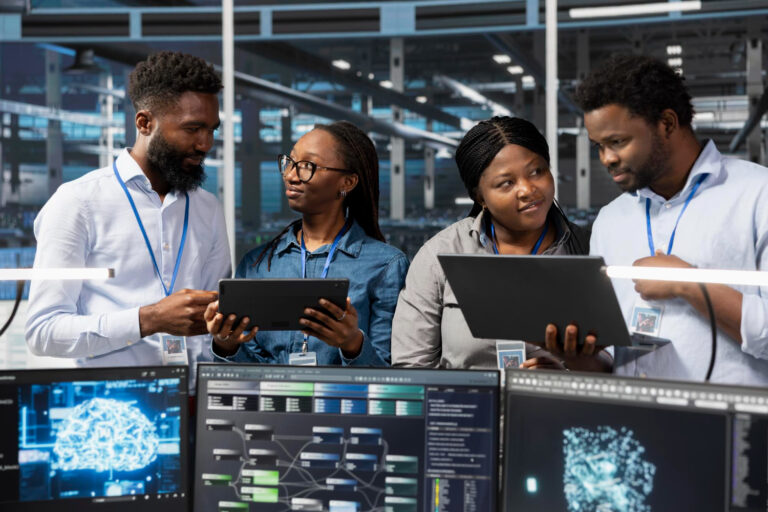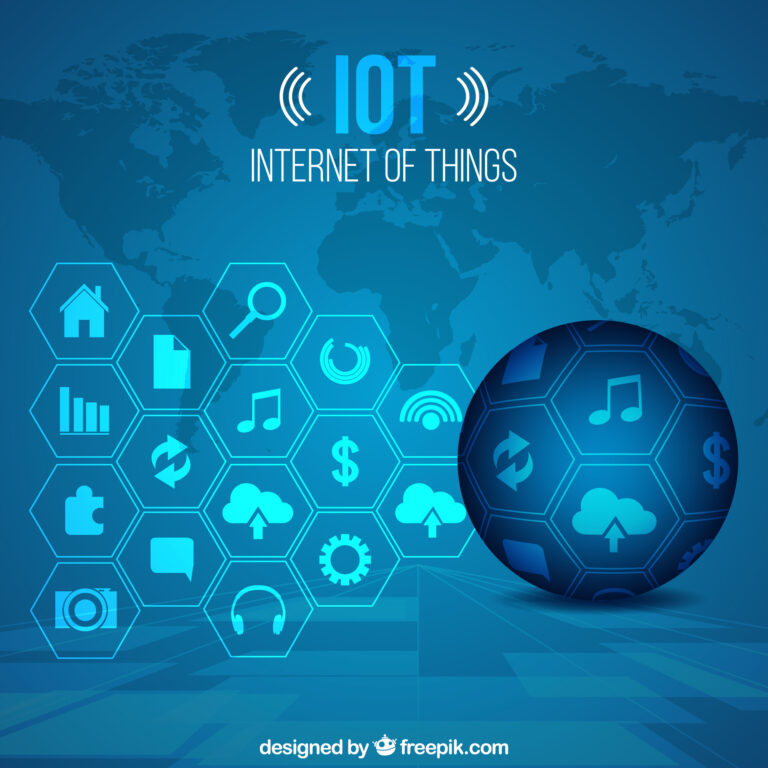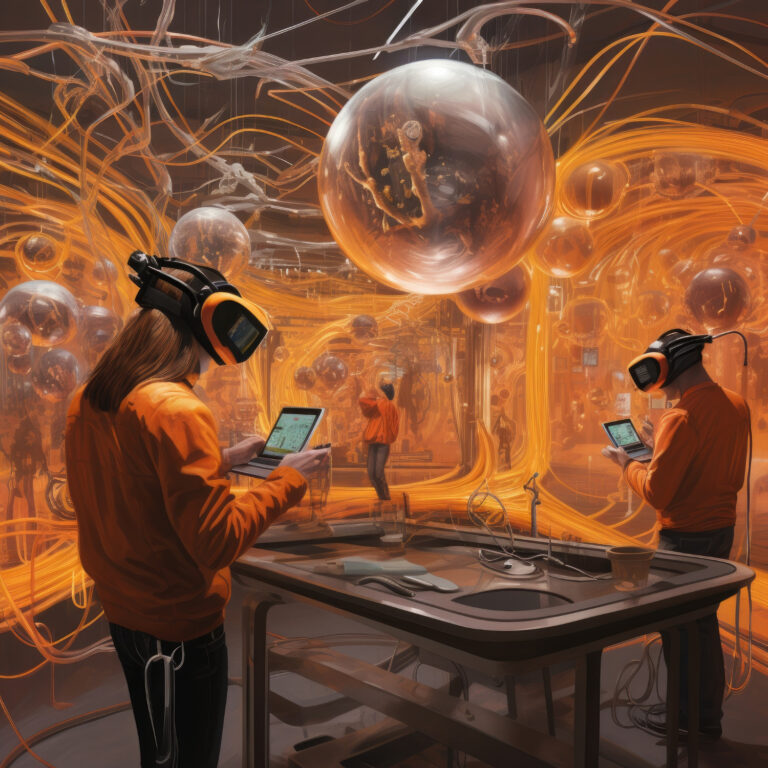The Future of Artificial Intelligence — Breakthroughs, Risks, and Real-World Applications in 2025
The Future of Artificial Intelligence — Breakthroughs, Risks, and Real-World Applications in 2025
Artificial Intelligence (AI) is no longer confined to science fiction. It is now embedded in nearly every sector of society, from business automation and healthcare diagnostics to self-driving vehicles and generative art. In 2025, AI is evolving faster than ever, ushering in new breakthroughs that promise to reshape how we work, live, and interact with machines.
This article explores the most significant advancements in AI, the potential risks it brings, and how it is transforming real-world applications across industries.
What Is Artificial Intelligence in 2025?
Artificial Intelligence refers to systems or machines that mimic human intelligence to perform tasks and improve themselves based on the data they collect. In 2025, AI spans a wide range of disciplines:
- Machine Learning (ML)
- Natural Language Processing (NLP)
- Computer Vision
- Deep Learning
- Reinforcement Learning
Thanks to advancements in computational power and data availability, AI models are now more powerful, accurate, and context-aware than ever before.
Major AI Breakthroughs in 2025
1. Generative AI 2.0
Tools like ChatGPT, DALL·E, and Midjourney have matured into highly accurate, multi-modal assistants capable of generating text, images, videos, music, and even 3D objects. The second generation of generative AI is:
- Emotionally aware
- Context-sensitive
- Voice-enabled
- Real-time adaptable
2. Autonomous Agents
AI agents are now capable of performing complex sequences of tasks without human input. In 2025, autonomous agents are used for:
- Research automation
- Software debugging
- Stock market predictions
3. AI Chips and Edge AI
Custom hardware like NVIDIA Grace Hopper and Google TPU v5 have made AI more efficient at the edge, powering smart cameras, wearables, and embedded systems.
4. Multimodal AI
AI models now understand and generate content across text, images, speech, and video, making them useful in:
- Smart classrooms
- Virtual assistants
- Content creation platforms
5. Explainable AI (XAI)
In 2025, regulatory pressure has increased the need for transparency. Explainable AI tools help humans understand how AI decisions are made, which is critical in healthcare and finance.
Real-World Applications of AI in 2025
1. Healthcare
- AI diagnostics with 95%+ accuracy
- Robotic-assisted surgery
- Personalized treatment plans using AI predictions
- AI-driven drug discovery
2. Education
- AI tutors for personalized learning
- Real-time language translation in classrooms
- Smart grading systems
3. Finance
- AI for fraud detection
- Robo-advisors for investment management
- Credit scoring based on behavioral data
4. Retail and E-Commerce
- AI chatbots with near-human responses
- Predictive inventory systems
- Visual search and voice-based ordering
5. Transportation
- Autonomous driving (Level 4+)
- AI-optimized traffic systems
- Predictive maintenance for public transport
Risks and Challenges of AI in 2025
1. Ethical Concerns
- Bias in AI models
- Discrimination in hiring or lending
- AI-generated deepfakes
2. Job Displacement
While AI creates new job categories, it also automates many roles in:
- Customer service
- Manufacturing
- Transportation
3. Privacy & Data Security
AI thrives on data. Invasive data collection can compromise personal privacy.
4. Regulation and Governance
Governments are racing to implement frameworks for AI ethics, transparency, and accountability.
Example: EU AI Act
Top AI Tools and Platforms in 2025
- OpenAI GPT-4.5 and GPT-5
- Google DeepMind Gemini
- Anthropic Claude
- Meta LLaMA 3
- Amazon Bedrock
- Microsoft Azure Cognitive Services
Careers in AI: Opportunities in 2025
| Role | Average Salary | Skills |
|---|---|---|
| AI Engineer | $140,000+ | Python, TensorFlow, PyTorch |
| Data Scientist | $120,000+ | SQL, ML, Statistics |
| AI Product Manager | $135,000+ | Product dev, data workflows |
| AI Researcher | $160,000+ | ML Theory, R&D, Papers |
| Prompt Engineer | $110,000+ | LLMs, NLP, creative thinking |
Certifications to consider:
Getting Started with AI
Beginner Steps:
- Learn Python and basic data science
- Study math: linear algebra, probability, and statistics
- Try tools like Google Collab
- Take online courses on AI/ML
Recommended Platforms:
Conclusion
AI in 2025 is not just an emerging trend; it is an established force shaping industries and human experiences alike. With its potential comes a deep responsibility to harness it ethically and inclusively. By understanding the breakthroughs, real-world applications, and risks, individuals and businesses can position themselves to thrive in the AI-powered world.
The future isn’t just artificial — it’s intelligent.






